SUMMARY
This is AI generated summarization, which may have errors. For context, always refer to the full article.
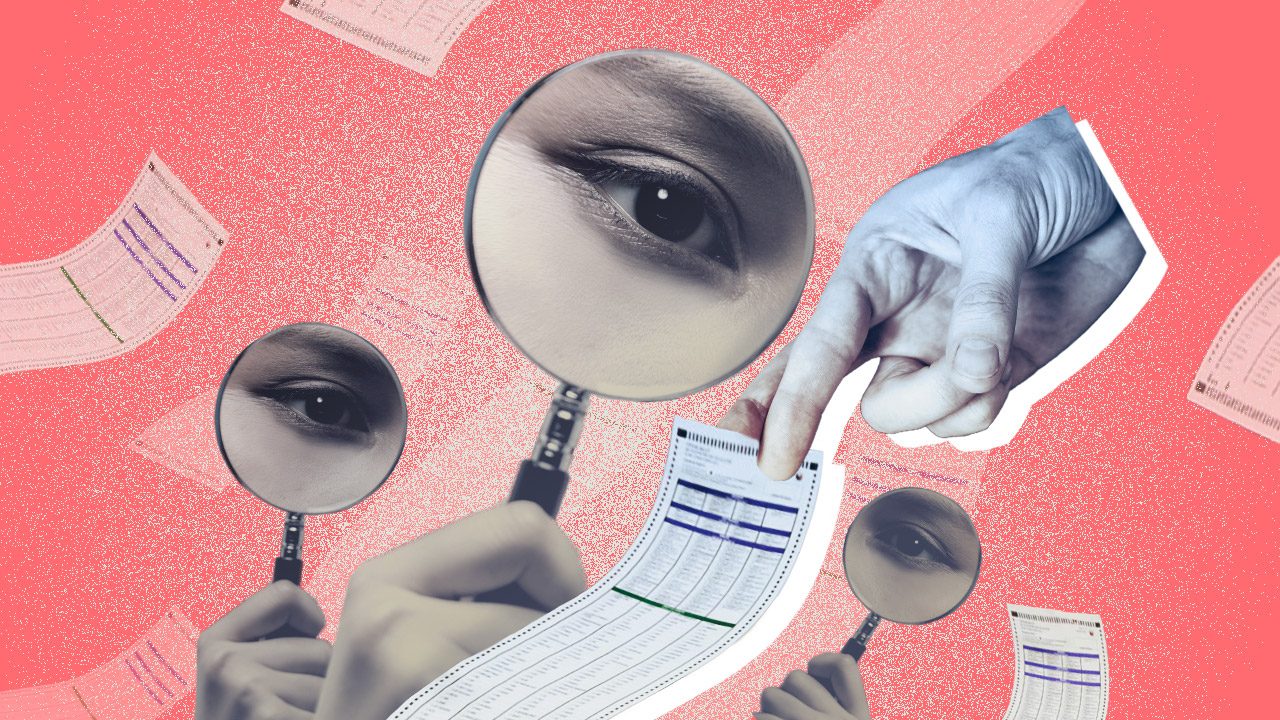
MANILA, Philippines – Experts and advocates warned voters about the real-world consequences of rampant online disinformation, as unverified claims can greatly shape public opinion in the lead-up to the 2022 elections.
Panelists discussed the impact of data and social media on the voting public’s opinion in a webinar entitled “Data and Sentiment Analysis: Going Beyond Surveys” held on Wednesday, February 9.
The webinar is the seventh under the National Forum on Communication and Democracy series, organized by the Philippines Communication Society and the University of the Philippines’ Internet TV Network, TVUP.
Social media has long been weaponized in the context of political discussion, as it played a key role in Rodrigo Duterte’s campaign in 2016. The country is bracing for candidates who may potentially use the same tactics for the upcoming elections, especially as Filipinos significantly shift to online campaigning amid the ongoing coronavirus pandemic.
Worldwide, the Philippines currently ranks second for time spent using social media after holding the top spot for six consecutive years. Nearly half of Filipinos also get their news online.
Victor Andres Manhit, founder of research consultancy firm Stratbase, said such statistics prove that social media will largely affect opinions of voters set to cast their ballots in a high-stakes election.
“These elections will be shaped not by mainstream media, as it used to be. Social media seems to be the dominant platform…and that is very dangerous when there is disinformation happening,” he said.
Rappler’s head of digital strategy Gemma B. Mendoza discussed how online spaces are “diversified” with different kinds of information sources. While she maintains that everyone has the right to air their opinion, she added that certain platforms lack gatekeeping and verification policies, which are crucial when it comes to false claims that are “not up for debate.”
“What happens is that you have a space that is really diversified, the sources of content, the sources of information. And information, content, contains narratives and messaging that could influence voters,” she said.
Economist and political analyst Andrew Masigan emphasized that the “theatrics and social media noise” are only one aspect of the elections, and urged voters to do their own research and study candidates’ platforms.
“Social media only says one aspect or one part of the story. But really, we have to rely also on debates, on interviews, on the website itself, and study the material…. There is an element of due diligence that is incumbent on every voter,” he said.
Beyond advising individual voters to do their own research, Masigan also highlighted the importance of international communities to establish protocols for disinformation.
“I think the problem [of disinformation and weaponizing the internet] has escalated to such a point where it dictates governments, it dictates world order, it dictates national security…. It could really make or break societies,” he said. (Ressa warns: PH polls could see repeat of US Capitol attack if disinformation not stopped)
Social media, not traditional media, paves way for Marcos comeback
Panelists also dedicated a significant portion of the webinar to discussing how social media was manipulated to pave the way for a Marcos comeback in Malacañang. The dictator’s son, Ferdinand “Bongbong” Marcos Jr., is currently leading presidential surveys.
While a report from the Philippine Center for Investigative Journalism found that Marcos Jr. had not recorded any ad spending on Facebook, Manhit said that the presidential bet plays a “different game” altogether, as influencers, celebrities, and smaller personalities are spreading propaganda about the family’s alleged legacy.
“Social media influencers carry Marcos, or Toni Gonzaga, projecting to be a showbiz personality, who is actually now the emcee of the campaign, whose husband is the director of the ads…that means they’re part of campaigns. So it’s not Marcos who’s doing that, it was their production,” he said.
This was echoed by Mendoza, who noted that celebrity, history, and meme pages on Facebook have been used to promote the Marcos family.
“It’s not about just advertising in a traditional way, as defined by Facebook, but it’s the native content that is actually more powerful,” said Mendoza.
Mendoza is among Rappler’s journalists who worked on an investigative series that showed how a Facebook propaganda network spread lies in a bid to burnish the image of the Marcos family.
Marcos propaganda networks have also proliferated on other social media websites such as Twitter, YouTube, and Tiktok.
Panelists also discussed how several false claims about the Marcos family have circulated across different platforms, which Manhit said was Marcos’ way of “shaping the minds of voters.”
Manhit also noted that what makes Marcos’ case unique is that they avoid mainstream media, as Filipino journalists often ask critical questions about the family’s ill-gotten wealth and the abuses committed under Martial Law.
“Maybe they knew mainstream media cannot be a tool for shaping the narrative for them…. So they decided to circumvent it,” he said.
Marcos has recently skipped presidential forums, and his camp had accused a veteran journalist of being “biased.” When asked by another news anchor to define “bias,” Marcos simply answered, “anti-Marcos.”
His father, the late dictator, also attacked the free press, taking over private media and shutting down media giant ABS-CBN during his regime. Many journalists were also harassed and imprisoned during Martial Law.
“You have a candidate, or a family, [who] has political baggage. That’s something mainstream media is not likely to forget,” Mendoza added. – Rappler.com
Add a comment
How does this make you feel?
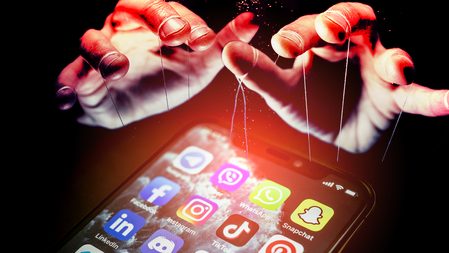
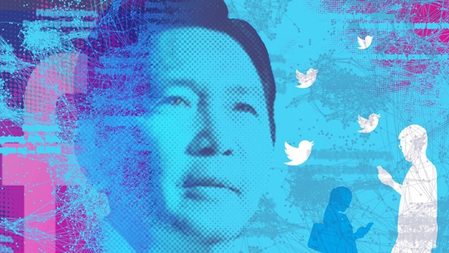





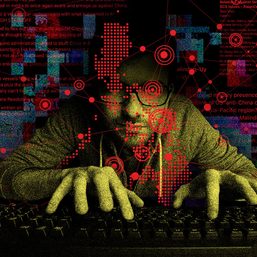
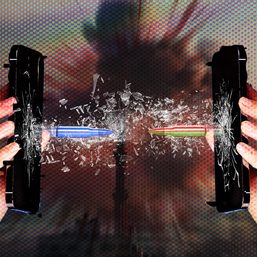
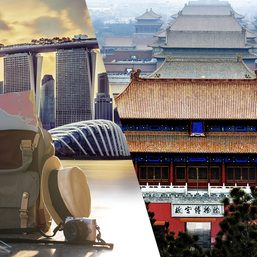
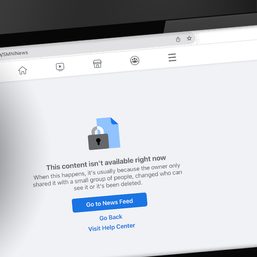
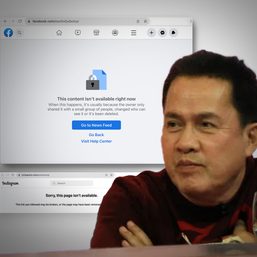
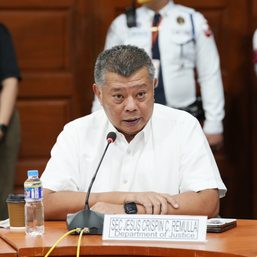
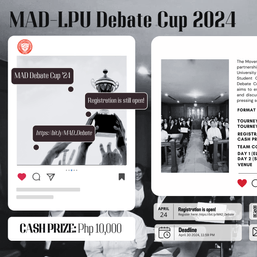



There are no comments yet. Add your comment to start the conversation.